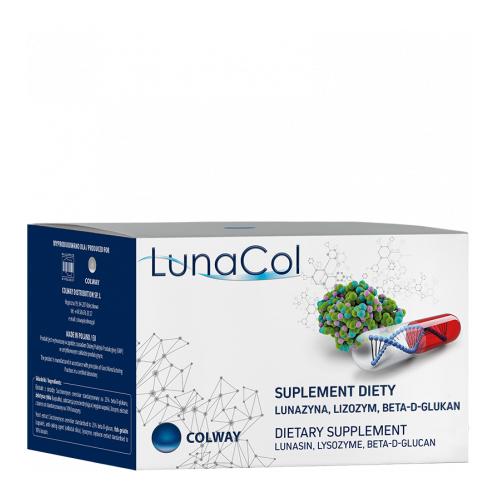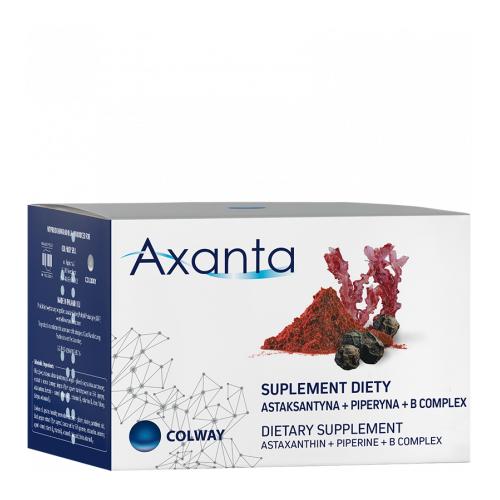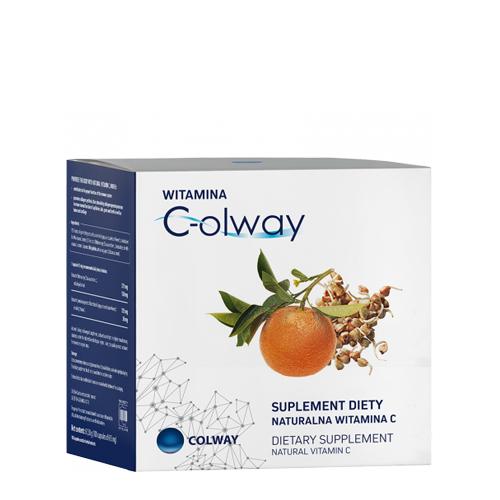Introduction
As society increasingly seeks to improve its health and well-being, the popularity of dietary supplements has increased. Many people wonder if these products can affect their weight and, in particular, if food supplements make them fat. In this article, we will address this topic and provide detailed information on the different types of supplements and how they can affect body weight.
What are food supplements?
Food supplements are products that contain nutrients, vitamins, minerals, amino acids, fatty acids or other compounds that have a positive effect on health. These products are designed to supplement the regular diet and ensure that the body receives the necessary nutrients to function properly.
Types of food supplements
There are several types of dietary supplements, and each has a different purpose. Some of the most common are:
-
weight gain supplements: These products are designed to increase caloric intake and help people gain weight. They are usually high in calories, protein, carbohydrates, and healthy fats.
-
weight loss supplements: Weight loss supplements often contain ingredients that help reduce appetite, increase calorie burning, or block fat absorption.
-
Sports supplements: These supplements are designed to improve athletic performance, increase energy, and speed recovery after exercise. They include protein powder, creatine, amino acids, and other essential nutrients.
-
Vitamin and mineral supplements: These products provide additional vitamins and minerals to ensure that the body receives all the necessary nutrients.
How dietary supplements affect weight
Dietary supplements can have different effects on weight, depending on the type of supplement and the purpose for taking it. Below, we'll take a look at how certain supplements can affect weight:
-
Supplements that can increase weight: Weight-gain supplements, such as high-calorie protein shakes or carbohydrate supplements, can contribute to weight gain if consumed in excess or not supplemented with physical activity. These products are designed to provide additional energy, so it is important to take total caloric intake into account and adjust diet and exercise accordingly.
-
Supplements that can help you lose weight: Some supplements, such as fat burners or fiber-containing products, can help you lose weight by increasing feelings of fullness, reducing appetite, or improving calorie burning. However, these supplements are not a silver bullet and must be used in conjunction with a balanced diet and regular exercise for optimal results.
Factors to consider before taking dietary supplements
Before you start taking dietary supplements, it is important to consider a few factors:
-
Set clear and realistic goals for weight and overall health.
-
Research and select high-quality supplements from trusted brands.
-
Consider individual nutritional needs and potential nutrient deficiencies.
-
Be aware of possible interactions between supplements and prescription drugs.
Side effects and precautions
Although many dietary supplements are safe and effective, some can cause side effects or interact with medications. Therefore, it is important to be aware of the potential risks and consult with a healthcare professional before starting any supplement.
Consult with a professional
Before taking any dietary supplement, it is essential to consult a doctor or nutritionist. A health professional can provide guidance on the most appropriate supplements for each person and help develop an effective eating and exercise plan.
Conclusion
In summary, dietary supplements can affect weight in different ways, depending on the type of supplement and the purpose for taking it. Although some supplements can contribute to weight gain, others can aid in the weight loss process. It is crucial to research and select quality supplements, set realistic goals, and follow a balanced diet and exercise plan. In addition, a health professional should always be consulted before starting to take dietary supplements.
Frequent questions
-
Do vitamin and mineral supplements affect weight? Vitamin and mineral supplements, by themselves, do not have a significant impact on weight. Its main purpose is to ensure that the body receives the necessary nutrients.
-
Is it necessary to take food supplements to lose weight? It is not mandatory to take supplements to lose weight. A balanced diet and regular exercise are the keys to healthy and sustainable weight loss. However, some supplements can be useful to supplement the diet and improve the effectiveness of the weight loss plan.
-
How long should a nutritional supplement be taken to see results in weight? The time needed to see results varies depending on the type of supplement, diet and level of physical activity of each person. Being patient and maintaining a long-term approach is critical to achieving lasting changes in weight and overall health.
-
Are dietary supplements safe for everyone? While most dietary supplements are safe, some people may experience side effects or drug interactions. It is important to consult with a doctor or nutritionist before starting any supplement.
-
What is the difference between a dietary supplement and a weight loss medication? Dietary supplements are natural products that supplement the diet and help improve overall health, while weight loss drugs are chemical substances prescribed by a doctor to treat obesity or weight-related health problems. Weight loss drugs often have more severe side effects and must be taken under medical supervision.
































































































































